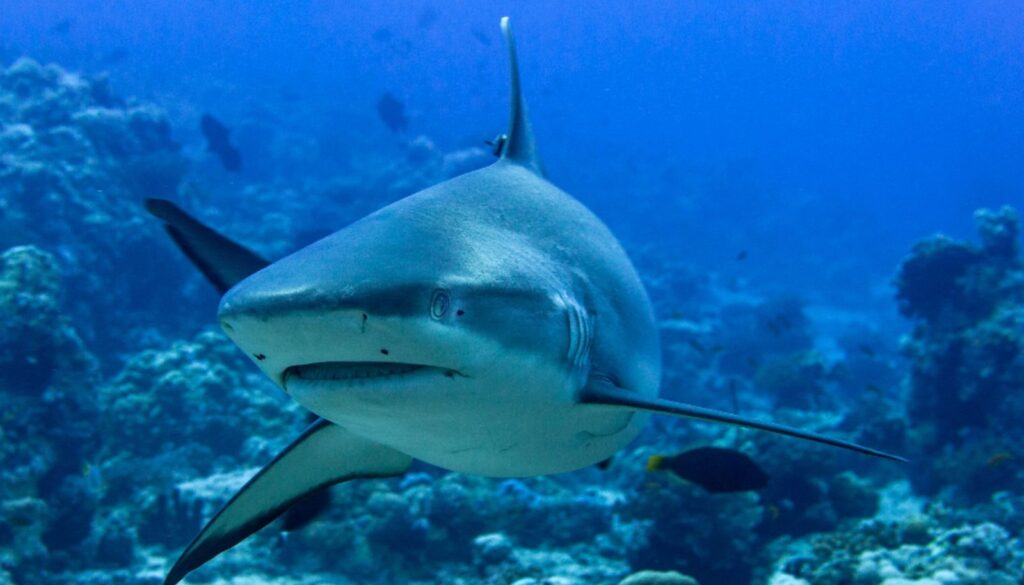Ensure that the shark encounters tour is conducted by licensed and experienced professionals. Choose operators with a proven track record in wildlife tourism and shark interactions. Trained guides play a crucial role in managing the encounter, ensuring safety protocols are followed, and schedule a tour providing valuable information about shark behavior.
Briefing and Education:
Before schedule a tour, participants should receive a comprehensive safety briefing. This should include information about the species of sharks encountered, their behavior, and the do’s and don’ts during the tour. Educating participants about the importance of respecting the marine environment and wildlife is essential.
Appropriate Safety Gear:
Participants should be provided with and instructed to wear appropriate safety gear. This may include snorkeling or diving equipment, wetsuits, and personal flotation devices. The gear should be well-maintained, and participants should be familiarized with its proper use.
Physical Health Assessment:
Prior to participating in a shark encounters tour, participants should undergo a health assessment to ensure they are physically capable of engaging in water-based activities. Any medical conditions or concerns should be communicated to the tour operators in advance.
No Feeding or Provoking:
Strictly enforce a no-feeding policy to prevent altering the natural behavior of sharks and reduce the risk of aggressive encounters. Participants should be educated about the negative consequences of feeding or provoking marine life and the potential harm it can cause to both humans and sharks.
Distance and Respect:
Maintain a safe distance from the sharks to minimize the risk of accidental contact. Participants should be reminded to respect the animals’ space and avoid sudden movements that could startle or provoke them. Responsible wildlife tourism prioritizes observation without interference.

Weather and Sea Conditions:
Monitor weather and sea conditions closely. Tours should be postponed or canceled if conditions are unfavorable, ensuring the safety of participants and minimizing the impact on the marine environment.
Emergency Protocols:
Establish clear emergency protocols, including communication procedures and evacuation plans. Guides should be trained to handle unexpected situations, and participants should be informed about emergency signals and procedures.
Environmental Conservation:
Promote environmental conservation by emphasizing the importance of preserving marine ecosystems. Educate participants about the impact of pollution, overfishing, and climate change on shark populations, encouraging responsible behavior both on and off the tour.
Continuous Monitoring and Adaptation:
Regularly review and update safety measures based on new information, experiences, and industry best practices. Continuous monitoring and adaptation ensure that the tour remains safe and environmentally sustainable.
By prioritizing safety and responsible tourism practices, shark encounters tours can provide a unique and unforgettable experience while contributing to the conservation of these incredible marine species.




